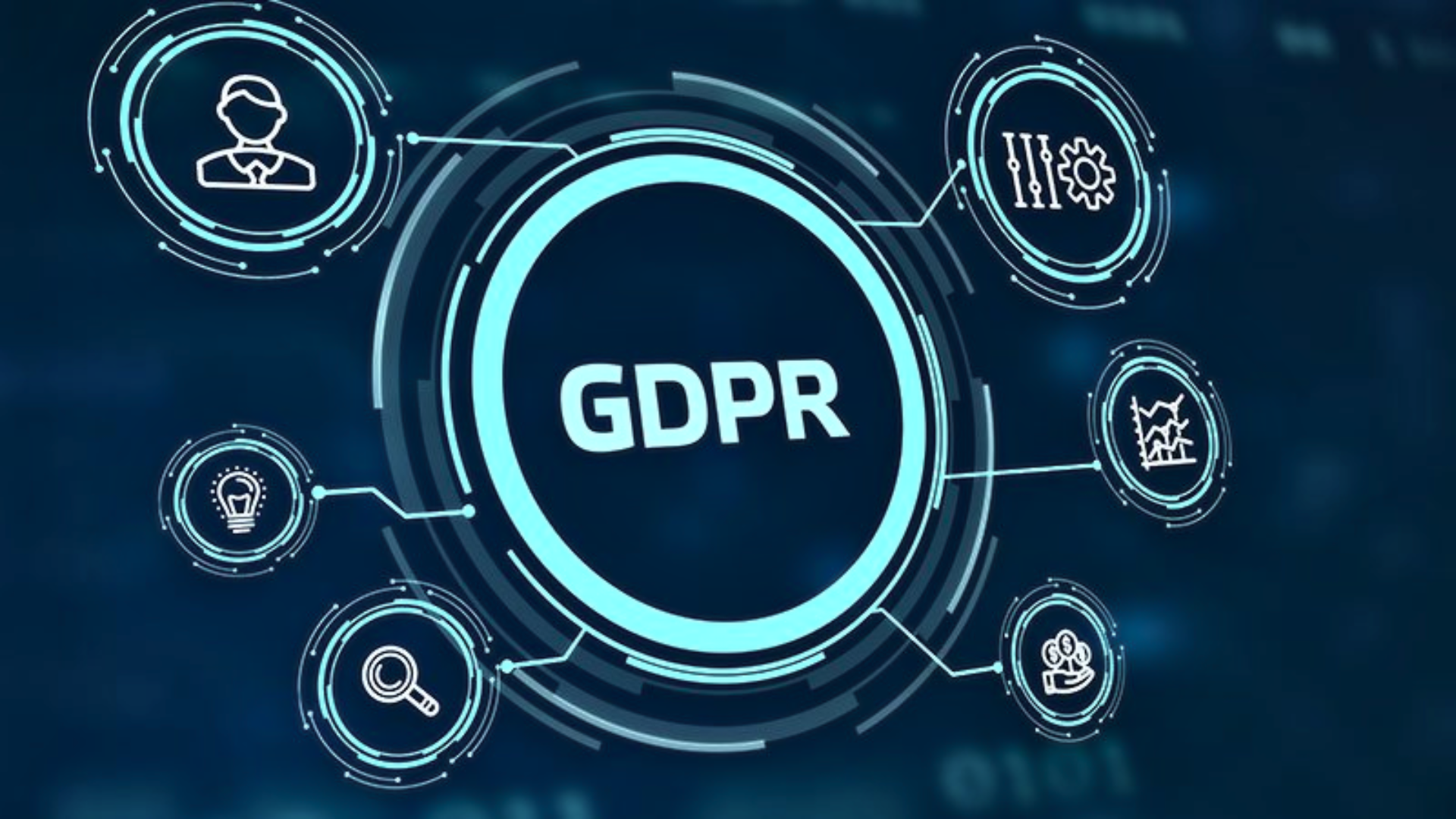A Code of Conduct (Code) serves as a crucial framework of guidelines and standards, empowering employees and directors to make informed decisions aligned with the operational ethos of their organization. At its core, a Code emphasizes the responsibility to conduct business ethically and within legal bounds. Many organizations articulate a set of values that dictate how employees collaborate and engage with each other, customers, and society at large. Across professions, a consistent Code is imperative to ensure unwavering adherence to ethical practices.
While the customization of a Code to suit a business's specific needs is undoubtedly vital, the journey doesn't culminate with its creation. Research indicates that the manner in which an organization socializes its Code significantly influences its efficacy (Schwartz, 2008).
Beyond Creating the Code
Corporates must actively work towards ensuring the effective realization of the Code’s vision by developing deliberate and intentional strategies for its implementation. Here are a few strategies that could prove effective for your organization:
- Focus on Dissemination
-
Invest in your Employee: Regular training on the company's ethical standards helps employees comprehend the expectation of the organization. Conversely, lacking such training can risk potential legal and regulatory consequences, internal communication issues, and increased attrition rates. Tailor-made materials, such as interactive e-modules, workshops, surprise quizzes, and team-building activities, amongst a host of other options, play a crucial role in guiding employees to exhibit integrity, especially in challenging circumstances.
-
Be a Good Role Model: According to the Chartered Management Institute, two-thirds of managers in the United Kingdom aspire to set high moral standards. However, when faced with moral dilemmas, 30% of managers abandon their ethics and knowingly choose not to do the right thing. Further, 6 out of 10 employees claim to have witnessed work colleagues acting unethically for personal gain, with two-thirds of the defaulters being managers. Therefore, a culture of sound ethical behavior must begin with those in the top management leading by example.
-
Reward Ethical Behavior: Recognizing and rewarding employees who consistently adhere to the Code fosters a sense of trust and support. Building trust between employees and employers is crucial for well-being and engagement programs, as well as for the overall workplace environment. Consequently, rewarding individuals who faithfully uphold the Code is an effective method to underscore its significance.
-
- Create Effective Communication Channels
-
Promote Open Dialogue: Managers play a pivotal role in facilitating the process of communication by developing a secure and transparent relationship with their employees. Managers should concentrate efforts on team conversations where ethical behavior is openly discussed. Such dialogues provide opportunities for employees to express their thoughts and viewpoints. This positive reinforcement contributes to an environment where employees feel at ease and confident when directly addressing instances of irregular conduct with their managers.
-
Provide Multiple Reporting Channels: To strengthen the Code, it is essential to establish clear and efficient communication channels for employees to report violations. The organization may provide employees with multiple reporting channels to accommodate varied preferences and comfort levels among employees. These channels may encompass email addresses, online reporting forms, or dedicated in-person reporting options. It is imperative to ensure vigilant monitoring of these channels while providing easy accessibility for all employees.Further, a workable solution could involve creating anonymous channels for reporting. For instance, an employee facing a perceived threat from a superior might be hesitant to come forward due to fears of retaliation. The provision of anonymous reporting addresses this concern, providing a confidential outlet for individuals to express their concerns without fear of repercussions.
-
Appoint Dedicated Reporting Contacts: Designate individuals within the organization, such as ethics officers or HR personnel who are well-trained, trustworthy, and approachable, serving as points of contact for employees who wish to report instances of unethical behavior.
-
Promote a Speak-Up Culture: Foster an organizational culture that encourages open communication and values ethical behavior. Emphasize that reporting unethical behavior is a responsibility and support employees who raise concerns. Communicate this message consistently through various channels, including employee meetings, newsletters, and internal communications.
-
Leverage Visual Communications: Consistently employ paraphernalia such as posters, intranet banners, newsletters, and other communication materials to underscore the significance of reporting and offer guidance on the process.
-
Respond to Violations
-
Responding to Unethical Behavior: Swift and appropriate responses are imperative once a violation occurs. Corporations must unwaveringly adhere to their Code, implementing a transparent investigative process (while maintaining the confidentiality of the parties involved) that follows the Principles of Natural Justice and due process.It is crucial to ensure that outcomes are both proportional and fair in addressing the misconduct. Failure to uphold the standards outlined in the Code not only weakens its efficacy but also has the potential to lower morale within the organization.
-
ongoing Evaluation and Continuous Learning: Conducting a post-incident review is crucial to evaluate the effectiveness of the organization's response and identify areas for improvement, determining whether modifications are necessary to prevent future violations. Moreover, the process of creating a Code does not conclude upon its inception. The Code requires periodic evaluation, assessing its effectiveness in alignment with the organization's growth.
-
Way Forward
The journey from theory to action requires an unwavering commitment to the principles outlined in a Code of Conduct. By giving due precedence to focused strategies to implement its Code, organizations can foster a culture characterized by integrity, trust, and accountability, forming a bedrock for enduring success and sustained resilience.











